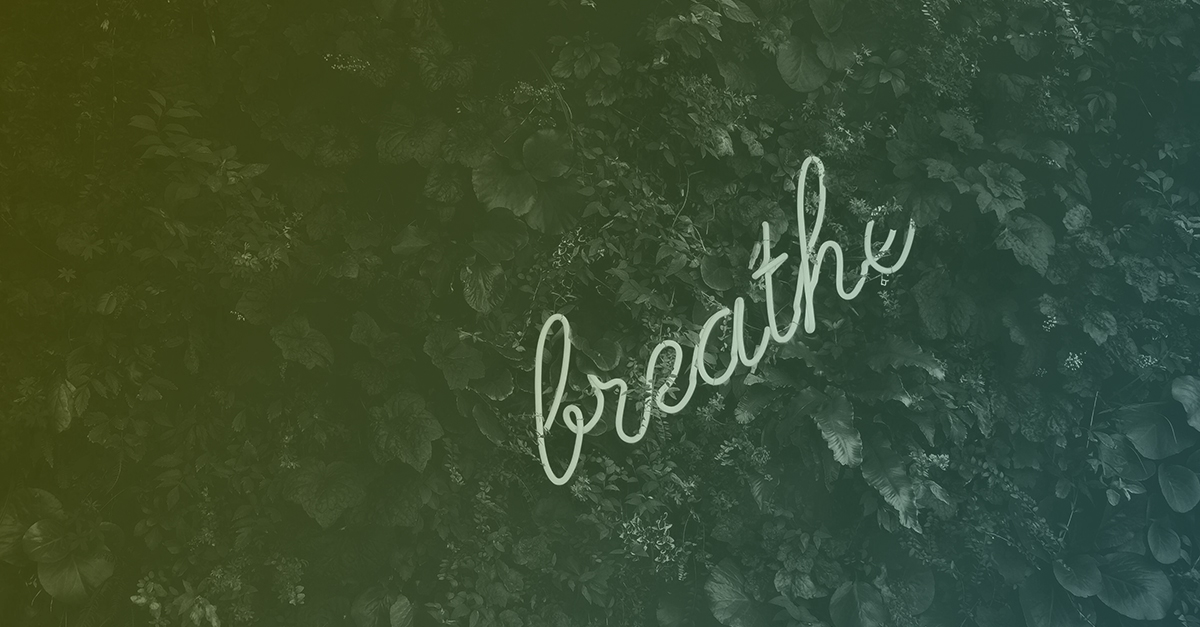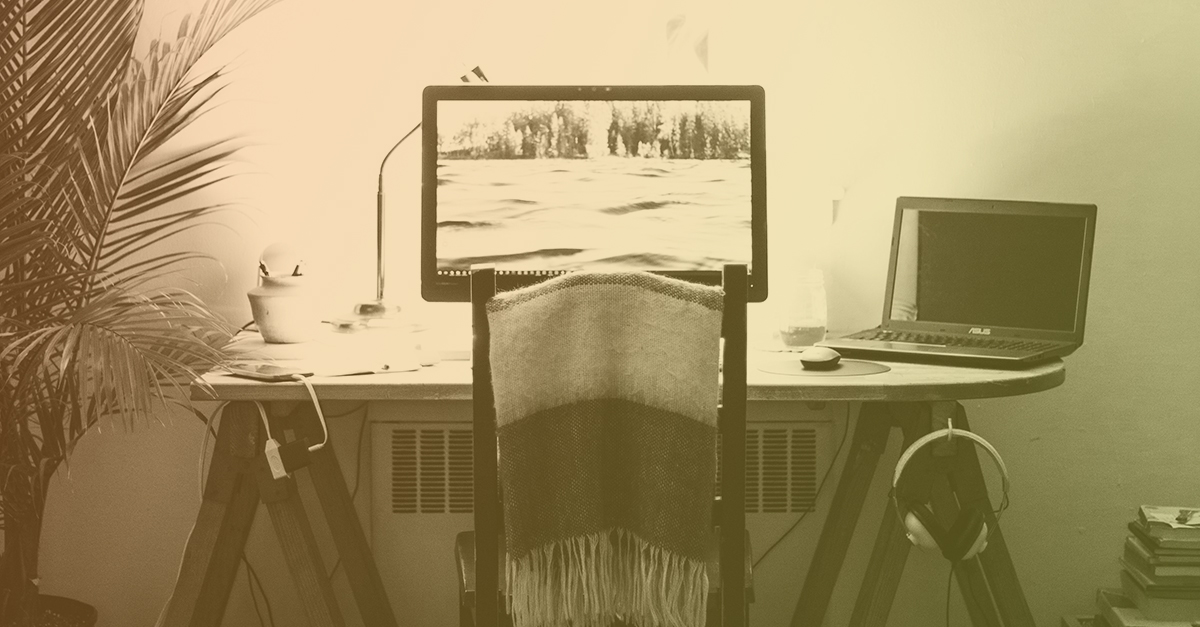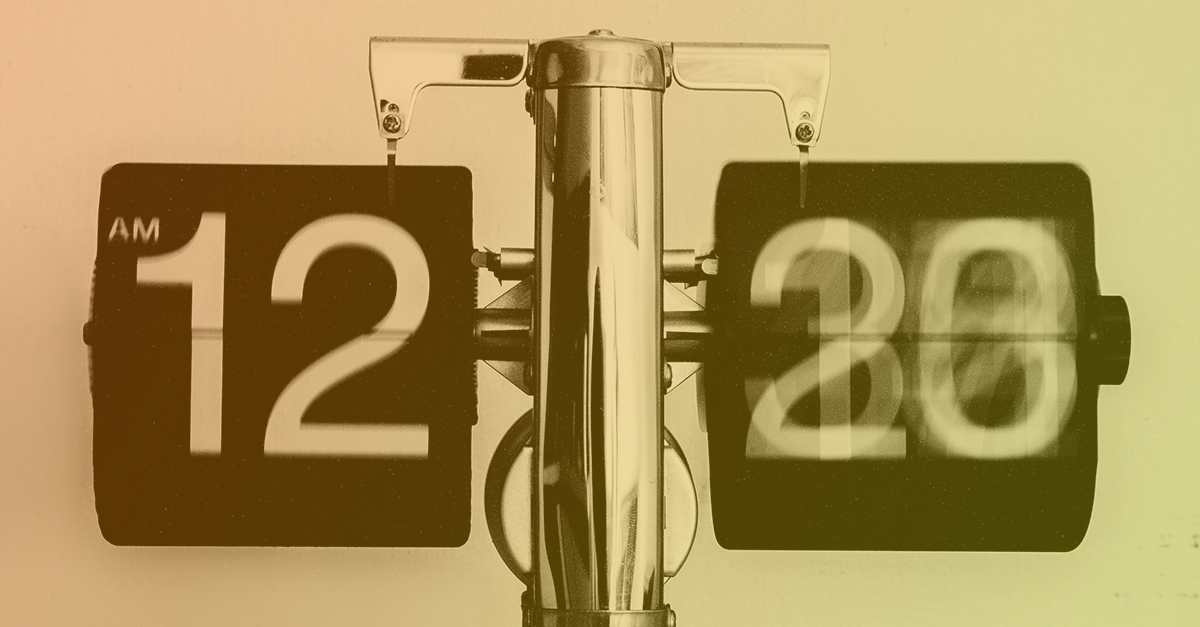Picking up where I left my last blog regarding uncertainty and confidence, we are now in the first full week of the 2nd lockdown in England and although things feel very familiar for many of us, there is also a sense of the unfamiliar about it. Schools have remained open, which perhaps means that working from home is a little more manageable for most, yet at the same time, this means those of us who are working from home have to try and cram a normal working day into a school day which often means we are short of time or resort to early mornings or late nights to complete actions or both. Another aspect of this current situation is the time of year, with darker mornings and evenings rapidly creeping up on us until at least the end of January, being at home somehow feels more confining than it did in the spring. These things combined can lead to a feeling of being overwhelmed and very fatigued.
The feeling of being overwhelmed can come over us at any time and is usually caused by believing we have too much to do with too little time to do it. At the moment as well, you may be trying to do your own job and at the same time picking up the things that cannot be left from other people’s jobs as they are placed on furlough again. The feeling of being overwhelmed means that in reality nothing gets completed properly as you are too often trying to be ‘all things to all people’. It’s at this point that the good old fashioned ‘To Do’ list simply does not cut it. They become like the Night King’s army of the undead in the Game of Thrones: the more you strike off, the more it grows. This never-ending battle leads to even more feelings of being overwhelmed, which is despair. When you are staring at an abyss, thinking that your workload is a bottomless pit, the temptation is not to bother starting. Why enter a losing battle? Even worse, you then have to listen to colleagues showing off about working long hours and hear about their constant hustle ability to juggle seven children, fill up their online shopping basket, pre-order Christmas gifts and finish their Jedi training over a Zoom call with Obi Wan. It is tempting to think that if you just worked more, the list would become manageable.
While there are many systems and apps to help you get organised, none of them addresses the issue at the core of the problem – your brain. “You can’t out achieve stress. You have to learn to manage your mind……” explains Kara Loewentheil.
Some of us decide what to work on next by picking the item that causes the most stress. Others shy away from the stressful issue and procrastinate, which leads to even more stress. Either way, stress, rather than long term vision, is directing your behaviour. If you have read The Chimp Paradox by Steve Peters, which I highly recommend you do, you will know that at this stage, your Chimp is definitely in charge of your thinking processes and it is the Chimp that is causing you to feel overwhelmed. “If you don’t know how to manage your mind, you are letting stress and anxiety drive your decision making,” Loewentheil said at a recent webinar. She compared using stress to drive productivity to using coal for fuel – it works, but it is toxic. Instead, she says, “you need to learn how to use clean renewable energy.”
There are ways of doing this, but they take effort and practice. If you are a perfectionist, let go of it. This is no time for perfection. For ambitious high achievers, feeling overwhelmed often comes from the desire for perfection. Nikki Armytage-Foy says perfectionism is “a feeling that you have to prove to yourself that you’re a success.” The desire for perfect results means that we often do not even take the first step to achieve them.
Taking it steady, a day at a time is perfectly acceptable. We often put off starting new projects because they appear too big. But if we never take the first tiny step, we will never reach our destination. As the Sufi poet Rumi said, “if all you can do is crawl, start crawling.” In recovering from any kind of emotional health and wellbeing issue, the first step is the hardest.
David Allen, author of the bestselling book Getting Things Done: The Art of Stress-Free Productivity, suggests using this simple technique.
- Write down the project or situation that is most on your mind right now
- Describe the intended successful outcome would look like
- Write down the very next physical action required to move the situation forward
This kind of planning only takes a few minutes but helps diminish the overwhelming sense of hopelessness. Knowing what the next small step becomes a stress relief in itself because it deflates the size of the issue you have built up in your mind.
Something else to try is to find the joy in doing the activity not just completing it. It takes some practice and doesn’t immediately happen as we have programmed ourselves to believe that the destination is more important than the journey. This is not the case and enjoying the process of getting to the end, no matter how small the steps are is a way of reframing your entire thinking of your work position. Often an overwhelmed person will simply say “how do I find the time to reframe my way of thinking when I have deadlines, KPI’s and targets to achieve”. My advice would always be, attend to the detail and enjoy the process and the deadline, KPI’s and targets will take care of themselves.
Don’t work long hours. Easy to say, but Bruce Daisley, a best-selling author, who wrote two books and launched a top-ranking business podcast, all while working as Twitter’s Vice President, is proof of not working long hours. He points to research that says our productivity falls if we work more than 40 hours a week. When you are at the point where the time it is taking you to complete actions is increasing, is the time to give up and go and do something else. You are wasting your time.
Feelings of being overwhelmed are inevitable in our ‘always-on society’, where we are bombarded with notifications and social media images of other people’s success. It is up to us to create boundaries that allow us to rest and find perspective, rather than playing never-ending whack a mole with our to-do list. Because if that is the game we choose to play, the mole will always win, not only that, the mole undermines the ground you walk on to the point at which the ground collapses from under you and you find yourself extremely unwell indeed.








